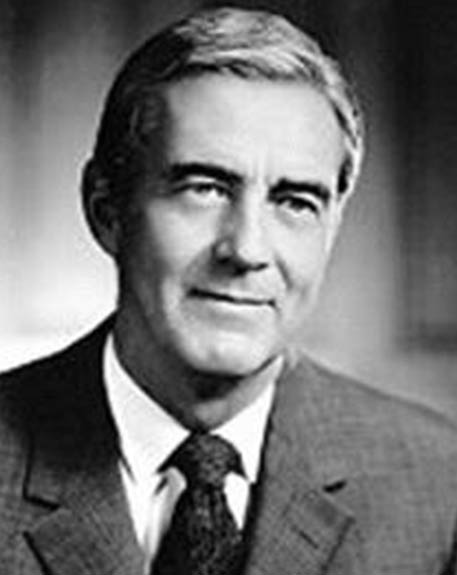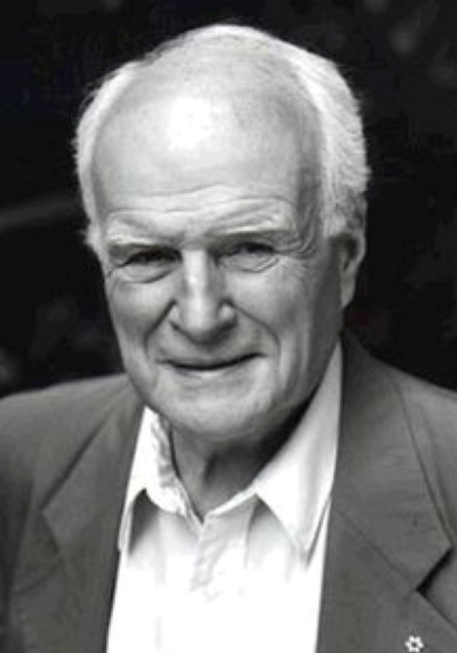1998 INDUCTEE Maud L. Menten, MD PhD Blood, The Early Days - Health Care Pioneers, Women in Medicine
March 20, 1879
(Port Lambton, Ontario)
July 17, 1960
MD, University of Toronto (1911)
PhD, University of Chicago (1916)
Dr. Maud L. Menten Memorial Lecture Series, Western University
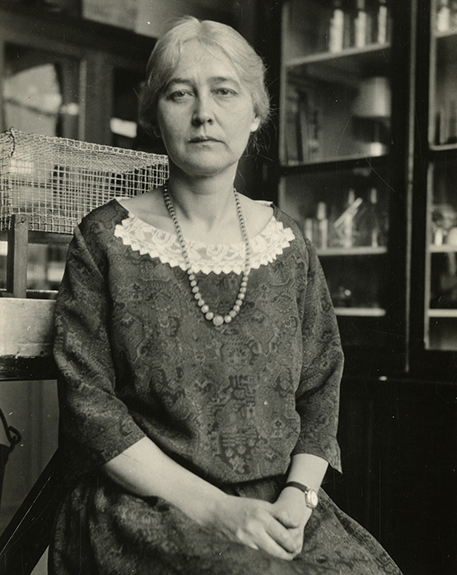
Shaped the field of biochemistry
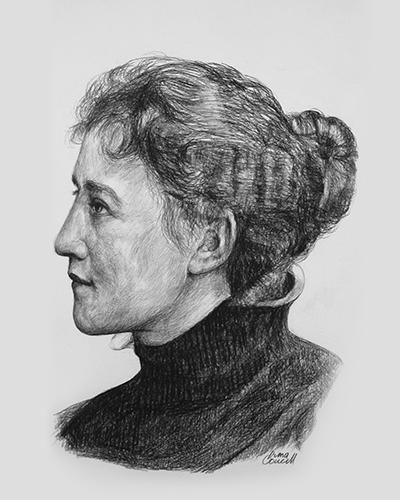
A brilliant research, doctor, and early pioneer of women in medicine
Dr. Maud Menten was a force to be reckoned with. She had a tenacious passion for research and, along with Dr. Leonor Michaelis, introduced the Michaelis-Menten equation, a concept that forever changed the study of biological reactions and advanced the field of biochemistry. Although this was a career-defining discovery, it was just the beginning; Dr. Menten would continue in a successful and distinguished career marked by numerous revolutionary discoveries and contributions. As an avid researcher with a keen mind, Menten’s career was marked with many important co-discoveries relating to blood sugar, hemoglobin and kidney functions.
Key Facts
Was one of the first women in Canada to be awarded a Doctorate in Medicine from the University of Toronto
Held six degrees from prestigious universities, three of which were doctorate degrees in medicine, physiology and biochemistry
Successfully characterized various bacterial strains including salmonella and Streptococcus Scarlatina, which resulted in an immunization program for scarlet fever.
Became known for her 18-hour workdays
Authored over 100 publications
Studied languages, music and was an accomplished painter
Professional timeline
Impact on lives today
A true pioneer on many fronts, Menten has left a tremendous legacy for all Canadians. She was relentless in her passion for basic research and numerous contributions throughout her career had immeasurable impact on medicine. She contributed significantly to the field of histology and developed a dye reaction that is still used in pathology laboratories to identify abnormal kidney and liver function. In addition, her process of separating proteins is still used in laboratories today to analyze DNA and RNA. Beginning her medical career at a time when women weren’t considered persons under Canadian law, Menten’s strong will, determination and fortitude will inspire many for years to come.
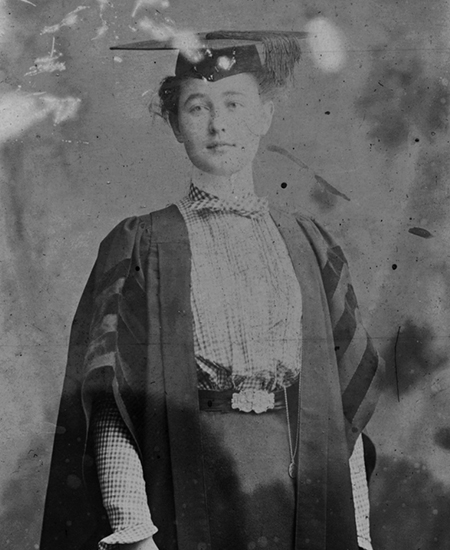
1998
-
Maud Menten posthumously inducted into the Canadian Medical Hall of Fame
Hull, Québec
-
Even after her retirement from the University of Pittsburgh, Menten continued to pursue her research interests.
CancerShe joined the British Columbia Medical Research Institute, where she contributed to cancer research in Canada.
-
Maud Menten investigated the behaviour of proteins in response to electric fields
BloodIn 1944, she was the first to conduct successful electrophoresis, a process of separating proteins.
-
Despite her groundbreaking work in the field, Dr. Menten could not attain a research professorship in Canada
The Early Days - Health Care Pioneers, CancerShe accepted a position at the University of Pittsburgh in 1923, where she spent the rest of her career. While in this position, she also worked as a clinical pathologist at the local Children’s Hospital in Pittsburgh, where she researched cancer in children.
-

Menten and Michaelis published their famous equation
Blood, Women in MedicineThis equation enabled researchers to describe the kinetics of many different types of enzymes and proteins. Their work demonstrated that the rate of an enzymatic reaction is proportional to the concentration of substrate. This significantly advanced biochemistry as a field, and had important implications to the development of drugs that inhibit enzymatic reactions.
-
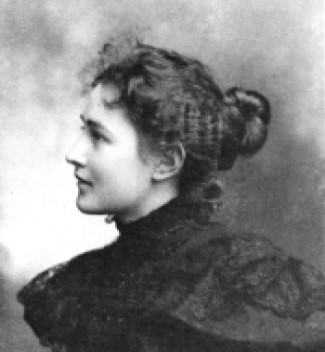
Maud Menten graduated from the University of Toronto and was among one of Canada’s first women to earn a medical degree
The Early Days - Health Care PioneersThe following year, she traveled to Berlin to work with Dr. Leonor Michaelis. Working with Dr. Michaelis in Germany, Menten began studying enzyme kinetics, the study of how fast chemical reactions occur in living organisms
-
Finding it difficult to find research positions for women in Canada, Menten moved to New York.
She became a fellow at the Rockefeller Institute for Medical Research. Within a few years, Menten decided to pursue a degree in medicine and returned to Canada.
-

Upon completion of her undergraduate studies at the University of Toronto, Menten pursued further research.
She earned her master’s degree in 1907 for her work on the distribution of chloride compounds in nerve cells.
1907
She had vision, enthusiasm and compassion.

